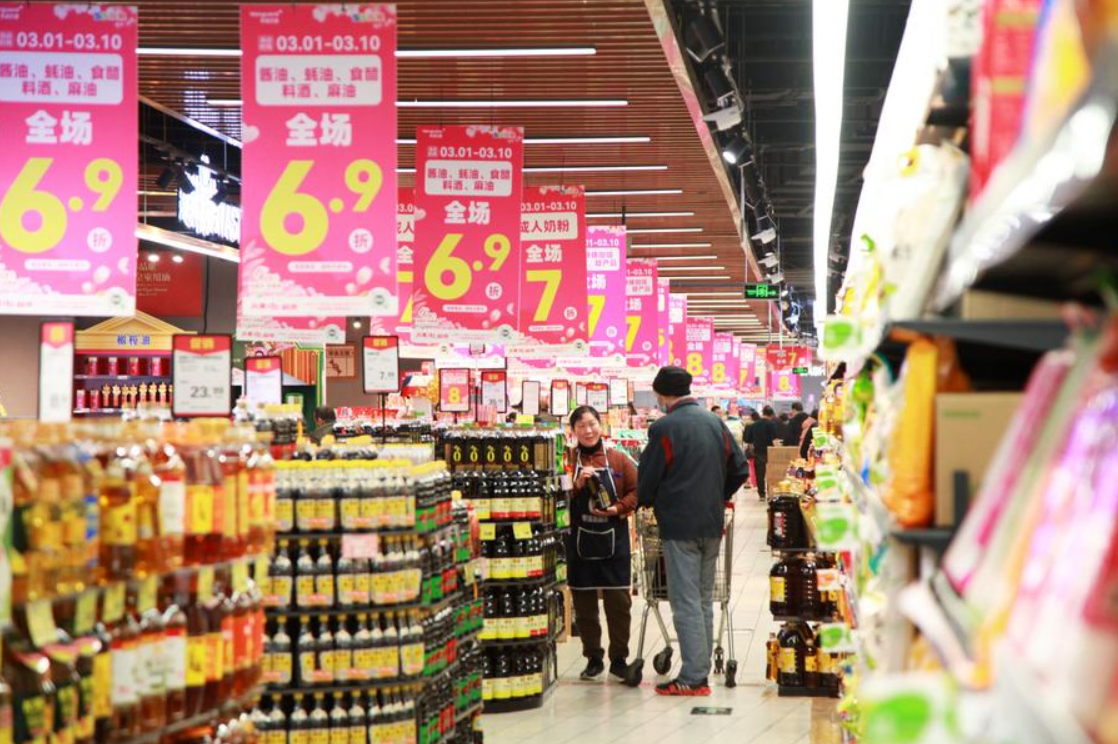
BEIJING – China's consumer prices saw mild increases in October as the domestic demand continued to improve amid a sustained economic recovery.
The consumer price index (CPI), a main inflation gauge, was up 0.3 percent year on year in October, slightly lower than the 0.4 percent rise in September, the National Bureau of Statistics (NBS) said Saturday.
Falling energy prices dragged down the price level last month, while food prices registered stable growth, according to NBS statistician Dong Lijuan.
The core CPI, which excludes food and energy prices, rose 0.2 percent from a year ago in October, up from 0.1 percent in September.
READ MORE: China sees mild price growth as consumer demand expands
On a monthly basis, the CPI slipped 0.3 percent in October after remaining unchanged in September.
The NBS data also showed the country's producer price index (PPI), which measures costs for goods at the factory gate, went down 2.9 percent year on year in October, slightly widening from the 2.8 percent decline in September.
Compared to a month earlier, the PPI only dropped 0.1 percent, narrowing from the 0.6 percent decline in September and 0.7 percent in August.
The overall price level in China has maintained a stable trend this year thanks to an upward economy, effective pro-growth policies and warming domestic demand.
ALSO READ: China's consumer prices hold steady in September
The country in March unveiled a program of promoting large-scale equipment upgrades and consumer goods trade-ins to stimulate domestic demand and shore up the economy, which has bolstered consumer sentiment and boosted the sales of a wide range of products from automobiles to home appliances.
Looking forward, the mild recovery in inflation is expected to continue for the rest of the year due to better economic situations, seasonal factors and the weakening carryover effect, Sheng Laiyun, deputy head of the NBS, has said.


